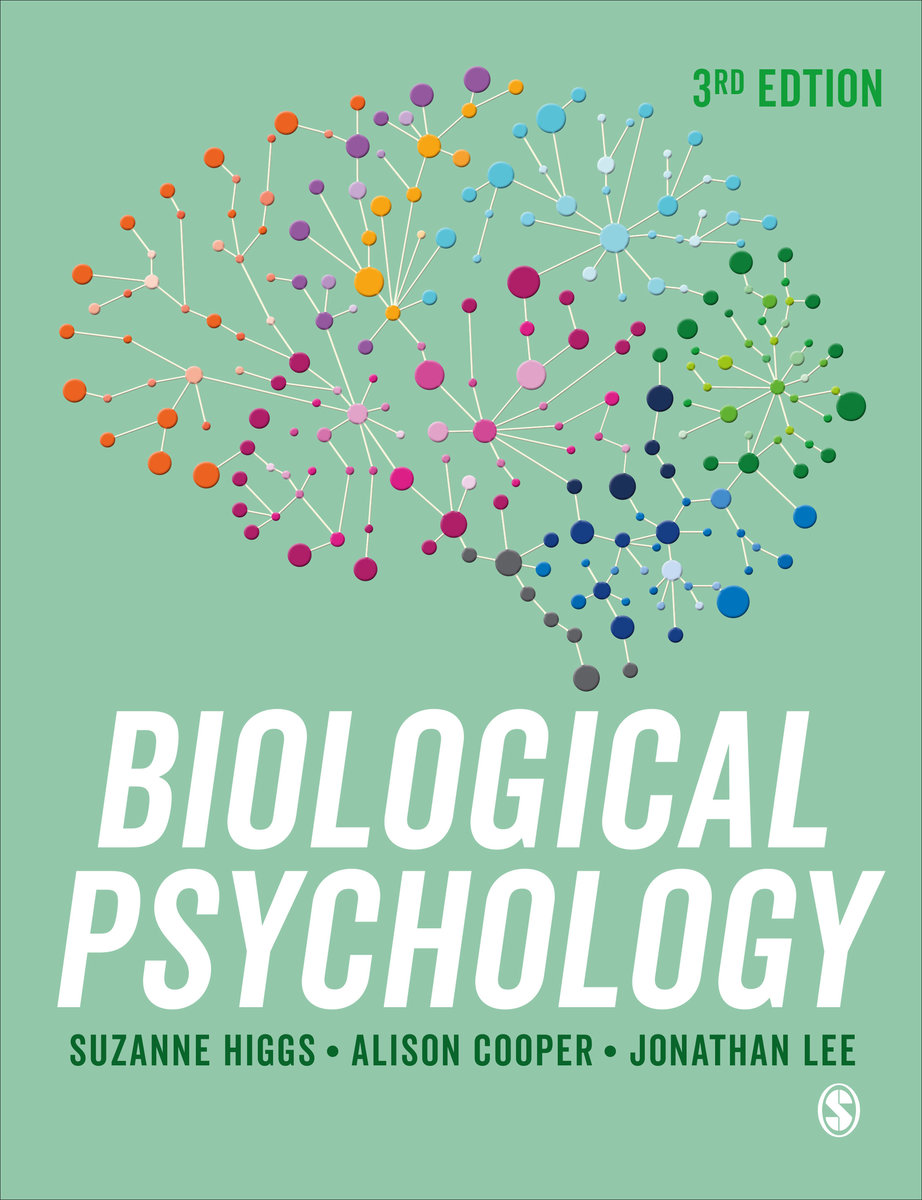Biological Psychology offers a highly visual, in-depth guide to the basic biological functions of the brain that you will need to learn throughout the course of your psychology degree. This edition boasts a revamped learning structure with a strong applied focus. This allows you to engage with biological psychology through a range of real world applications, getting you to apply your learning to conditions such as epilepsy, PTSD and Parkinson´s, and treatments such as gene therapy and brain-computer interfaces for spinal cord injuries.
Key features include:
- New 'real world applications' boxes that help put theory into practice, showing you the human side of the science
- 'Focus on methods' boxes that demonstrate the research methods you will use as a biological psychologist to uncover the workings of the brain
- Key debates to deepen your understanding of contemporary research and its impact
- Critical thinking questions
- Key points and glossary definitions to solidify your understanding of complex ideas and new terminology
- Further reading suggestions to help build your bibliography for assignments
- Video animations to help you grasp basic neuroanatomy and psychobiology
This book goes above and beyond to familiarise you with the links between biology and psychology, making it an essential read for psychology students at all levels.
Suzanne Higgs is Professor in the Psychobiology of Appetite at the University of Birmingham.
Alison Cooper is a Senior Lecturer at the University of Birmingham.
Jonathan Lee is Professor of Memory Neuroscience at the University of Birmingham.


